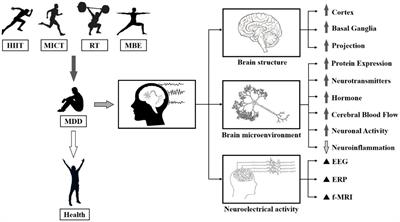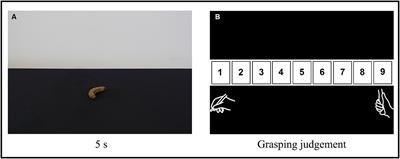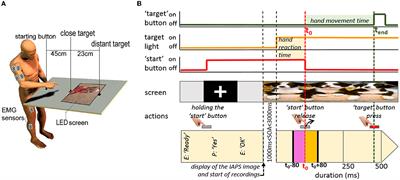EDITORIAL
Published on 06 Mar 2025
Editorial: Influence of psycho-emotional factors on motor control: cerebral mechanism and behavioral response underlying (motiv)action
doi 10.3389/fnhum.2025.1572614
- 283 views
2,038
Total downloads
12k
Total views and downloads
EDITORIAL
Published on 06 Mar 2025
REVIEW
Published on 12 Aug 2024

ORIGINAL RESEARCH
Published on 18 Mar 2024

ORIGINAL RESEARCH
Published on 05 Jan 2024

ORIGINAL RESEARCH
Published on 28 Sep 2023
